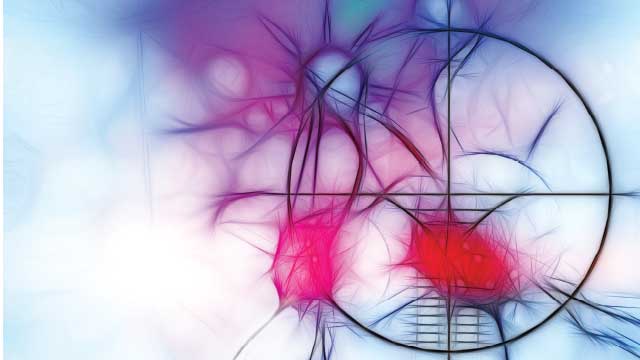 © JOVAN VAITANOVSKI/SHUTTERSTOCK.COMIn combination with existing treatments, personalized vaccines may protect cancer patients against relapse, according to two studies published in Nature this week (July 5). In two Phase 1 trials, 12 of 19 melanoma patients remained cancer free for up to two years after receiving vaccines that contained mutated proteins, or neoantigens, that were specific to their tumors.
© JOVAN VAITANOVSKI/SHUTTERSTOCK.COMIn combination with existing treatments, personalized vaccines may protect cancer patients against relapse, according to two studies published in Nature this week (July 5). In two Phase 1 trials, 12 of 19 melanoma patients remained cancer free for up to two years after receiving vaccines that contained mutated proteins, or neoantigens, that were specific to their tumors.
“It’s potentially a game changer,” Cornelis Melief, a cancer immunologist at Leiden University Medical Centre in the Netherlands who wrote an accompanying commentary, tells Nature. “The two papers really strongly indicate that the patients experienced clinical benefit.”
The first vaccine, developed by researchers at the Dana-Farber Cancer Institute and the Broad Institute of MIT and Harvard, contained as many as 20 neoantigens. It was tested in six people with melanoma who’d had their tumors removed by surgery. Such patients typically have a 50-percent chance of suffering recurrence, Dana-Farber’s Catherine Wu told Nature. After two years, tumors did appear in two patients, but both went into complete remission after being treated with a PD-1–targeting immunotherapy.
The second vaccine, developed by the German biotech BioNTech, contained messenger ...














